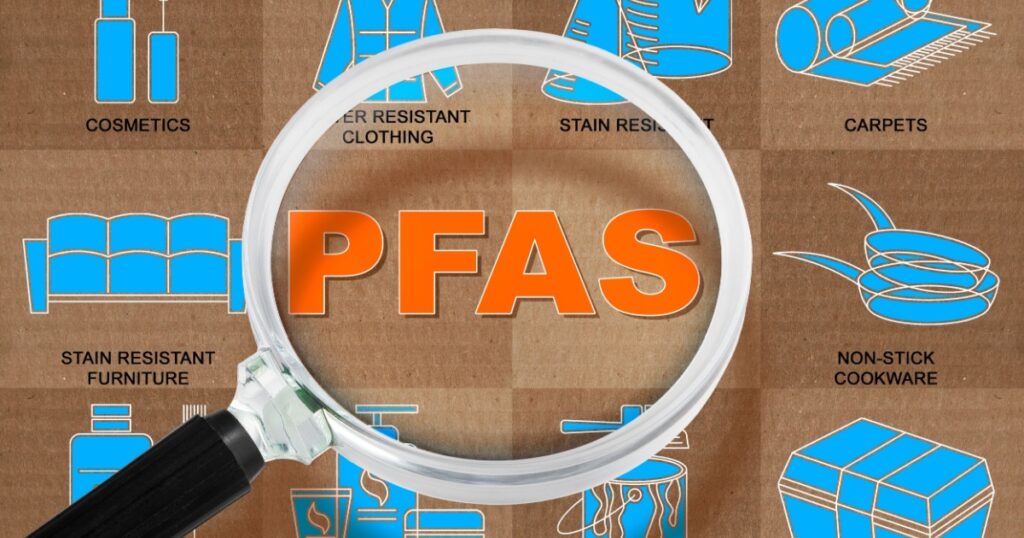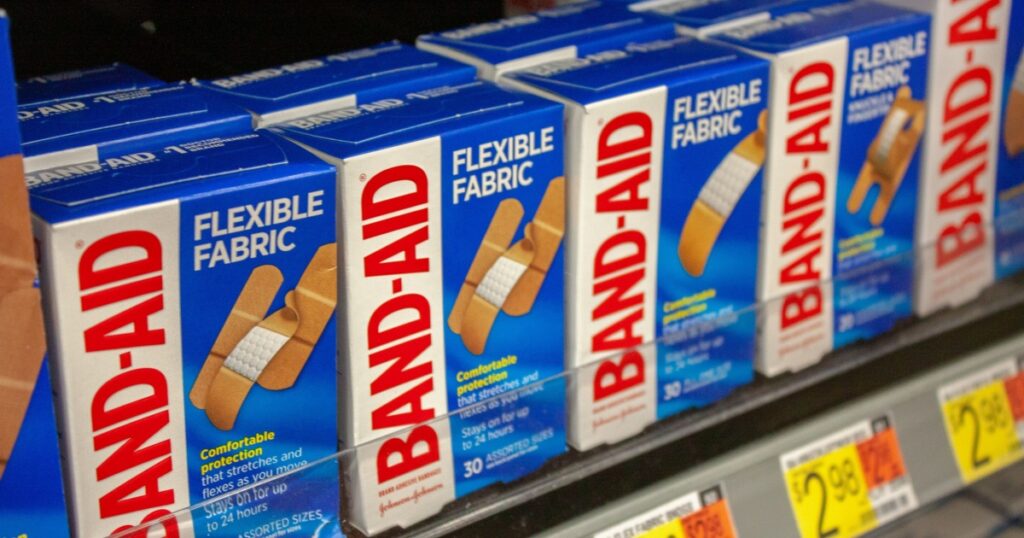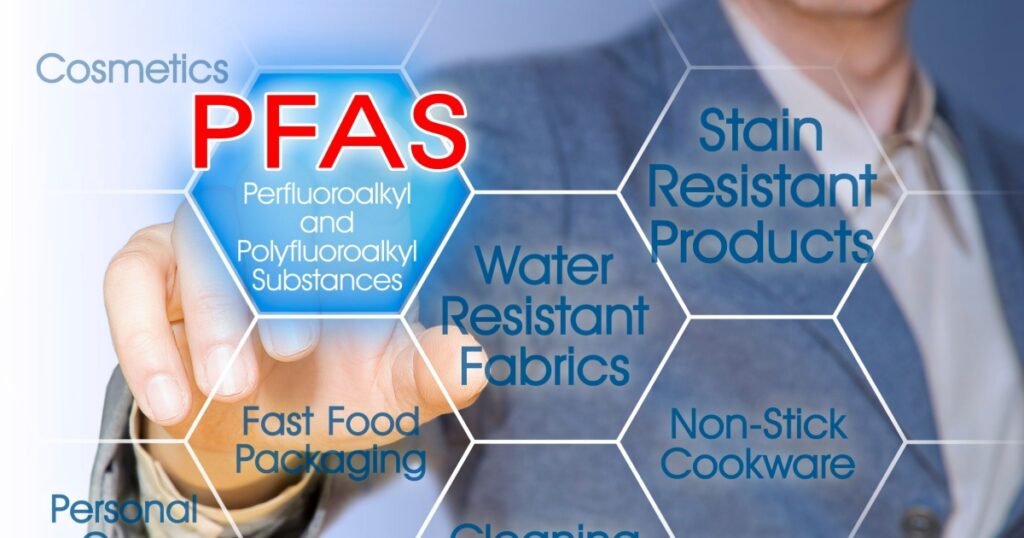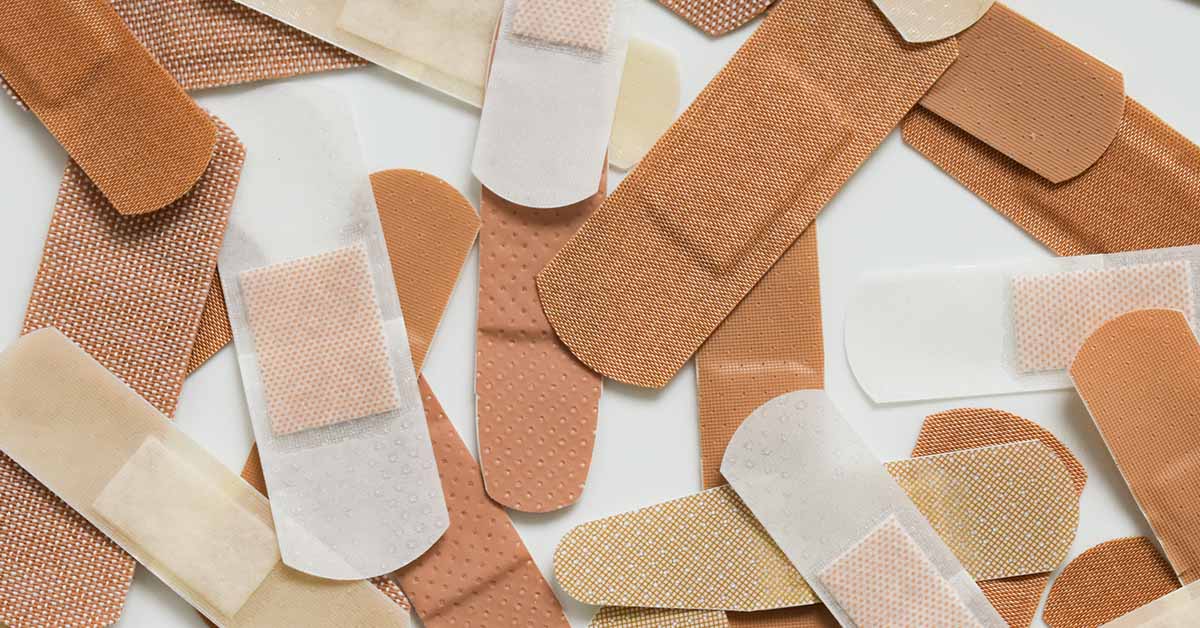A recent report has shed light on a concerning discovery – popular band-aid brands, including the household name “Band-Aid,” contain cancer-linked ‘forever chemicals.’ The report, conducted by Mamavation, an organization dedicated to promoting safe and non-toxic products for families, has revealed the presence of per- and polyfluoroalkyl substances (PFAS) in bandages. This has raised concerns from consumers. These are the findings of the report and their potential implications for public health.
Understanding PFAS

PFAS, also known as ‘forever chemicals,’ are a group of synthetic chemicals commonly used in various consumer products due to their water and stain-resistant properties. These chemicals have been used for decades in industries ranging from textiles and fabrics to food packaging and personal care products. In recent years, PFAS have come under scrutiny for their potential adverse health effects, including links to cancer and other serious health conditions.
Read More: 30 Cancer Survivors Share Subtle Signs They Knew Something Was Off
The Mamavation Report

Mamavation commissioned its EPA-certified laboratory to analyze popular bandage brands to determine the presence of PFAS chemicals. In total, 40 bandages from 18 different brands were tested. The report revealed that 65% of the tested bandages had indications of PFAS ‘forever chemicals.’ Out of these, 63% of bandages marketed towards people of color with black and brown skin tones also showed indications of PFAS. The levels of organic fluorine, a marker for PFAS, ranged from 11 ppm to 328 ppm. (1)
Health Implications

Exposure to PFAS, especially through open wounds treated with bandages, raises serious concerns about the potential health risks. The long-lasting nature of PFAS chemicals means that they can persist in the body for extended periods, accumulating over time. While the specific effects of PFAS exposure through bandages are yet to be fully understood, studies have linked PFAS to immune reduction, increased risk of allergies and asthma in children, hormonal disruptions, and even cancer. Medical experts emphasize the need for the bandage industry to opt for PFAS-free materials to safeguard public health.
Expanding Concerns

The presence of PFAS in bandages adds to the growing list of consumer products tainted with these harmful chemicals. Textiles, fabrics, food packaging, personal care products, cookware, and even drinking water have been found to contain PFAS. It is an alarming realization that PFAS chemicals have become widespread in our daily lives, underscoring the urgency for action to minimize exposure and protect public health.
Read More: 10 Signs of Pancreatic Cancer You Should Never Ignore
Addressing the Issue

Consumer awareness is crucial in holding companies accountable and seeking alternatives to products that contain PFAS. Mamavation has been at the forefront of raising awareness and conducting studies to identify PFAS-free products in various categories. Their efforts provide valuable guidance to individuals and families looking to make safer choices. “This stuff can directly enter the body from the bandage and it doesn’t make sense for these companies to use it,” said Linda Birnbaum, a former senior Environmental Protection Agency official who analyzed the findings of bandage testing. (2)
Industry Responsibility

The medical industry has acknowledged the use of PFAS in products such as catheters and transdermal patches. However, companies like 3M have pledged to discontinue the use of PFAS by the end of 2025. It is essential for the bandage industry to follow suit and prioritize the use of PFAS-free materials to ensure the safety and well-being of consumers.
The Bottom Line

The presence of cancer-linked ‘forever chemicals’ in popular band-aid brands raises significant concerns about the potential health risks faced by consumers. The Mamavation report serves as a wake-up call, highlighting the urgent need for greater transparency and regulation in the bandage industry. As consumers, we can make informed choices by supporting companies that prioritize PFAS-free materials. With collective efforts, we can strive towards a safer and healthier future for all.
Read More: Woman’s Grapefruit-Size ‘Liver Cancer’ Tumor was Actually a Giant Parasite
Sources
- ““Band-Aids” & Bandages with Indications of PFAS “Forever Chemicals” Report”.” Mamavation. Leah Segedie. April 2, 2024.
- “Band-Aid, Walmart and CVS among bandage brands containing toxic PFAS.” The Guardian. Tom Perkins. April 5, 2024.

